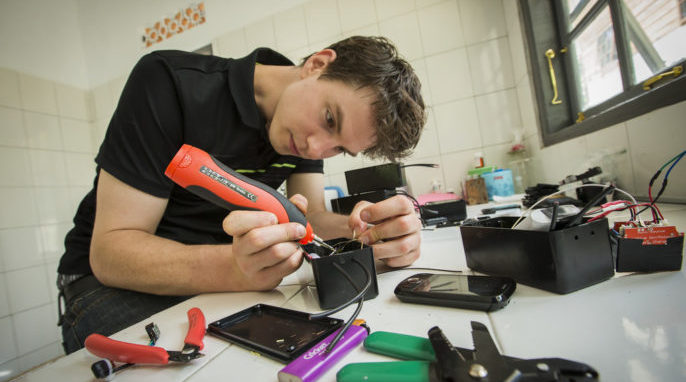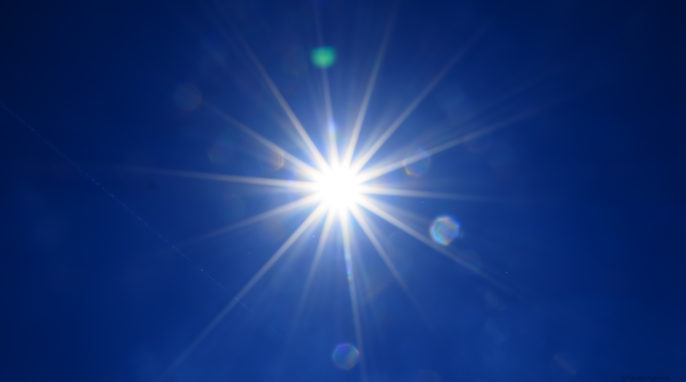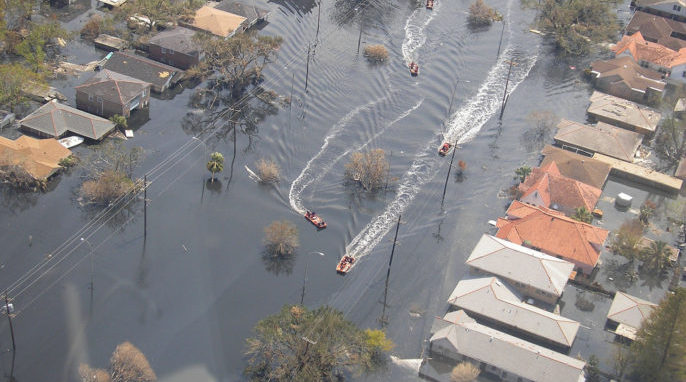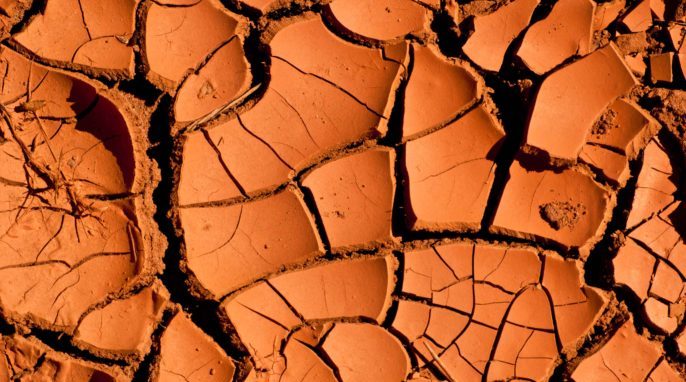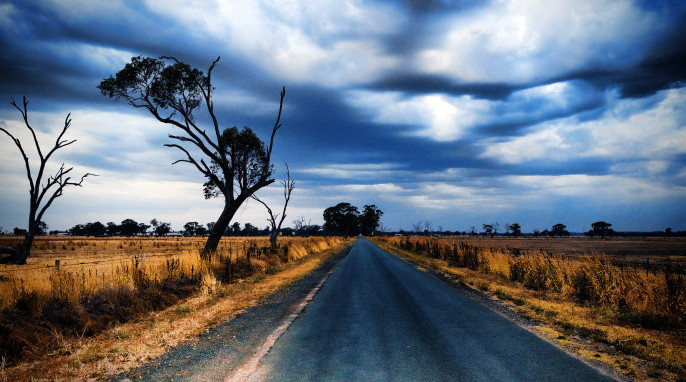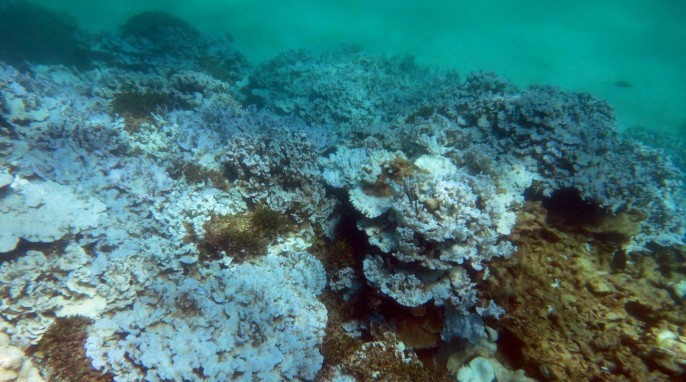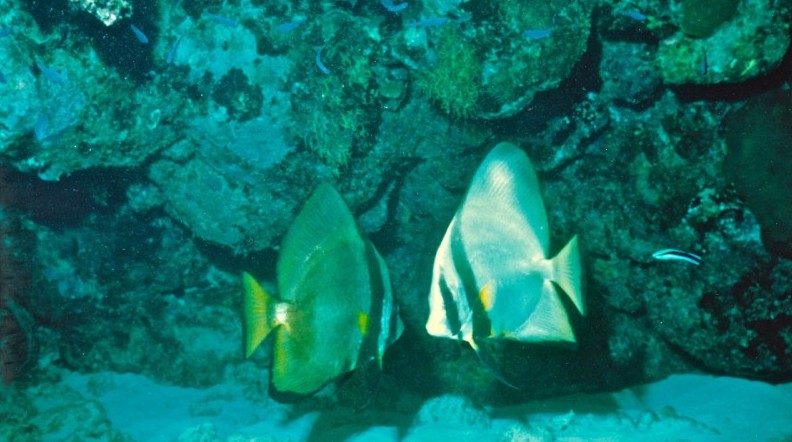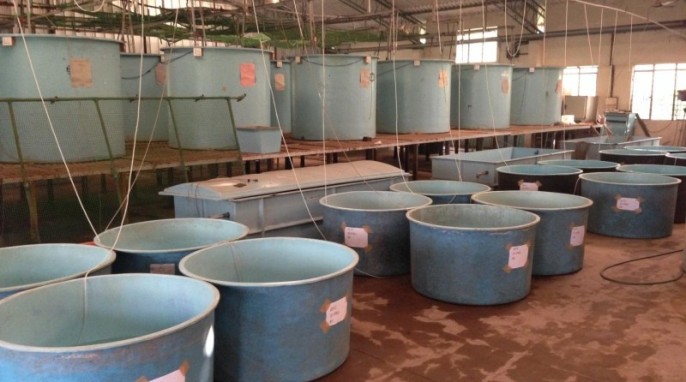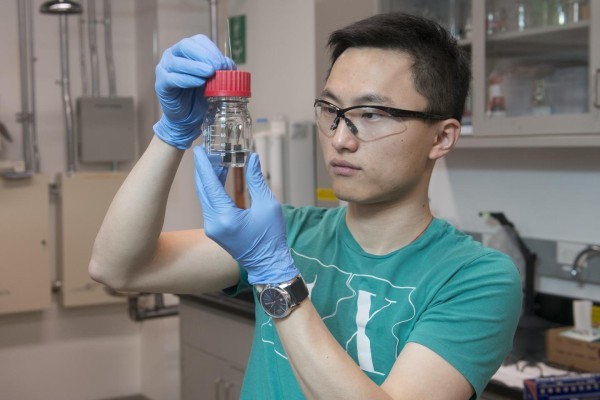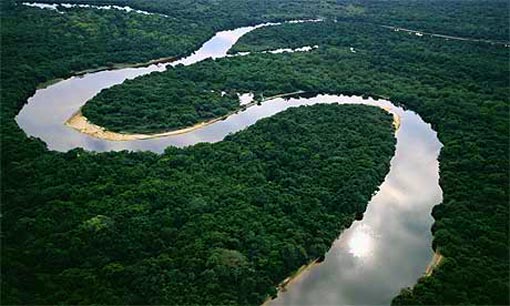Recycled Smartphones Hunt Down Illegal Loggers
By Neha Jain @lifesciexplore In the summer of 2011 Topher White, founder of Rainforest Connection, a nongovernmental organization (NGO), visited the rain forests of Borneo as a tourist. He was shocked to learn that among the buzzing of insects, chirping of birds, and howling of gibbons, illegal loggers were sawing down a tree, just a few hundred meters away from a ranger station. The guards could not hear the noise of the chainsaw amid the cacophony of sounds. Deforestation accounts for the second-highest emission of greenhouse gases—even higher than that…
Read More
